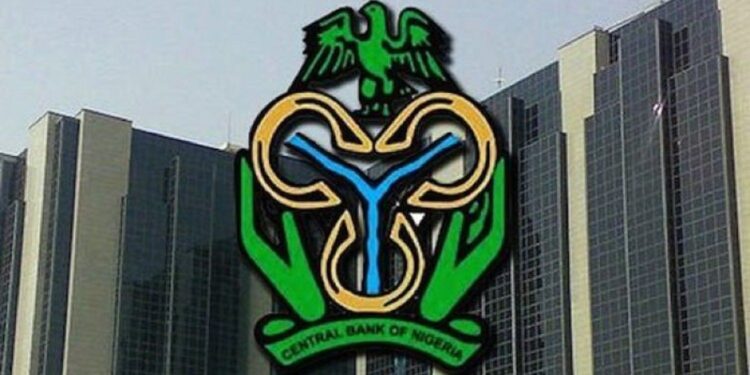In a recent development, the Federal Government of Nigeria has earmarked a substantial sum of N7.76tn for salaries to federal workers and other non-debt recurrent costs in the 2023 budget. This allocation is based on data from both the initial 2023 budget and the recently signed 2023 supplementary budget.
The government, led by the Minister of Budget and Economic Planning, Abubakar Bagudu, approved a supplementary budget of N2.18tn to accommodate new expenses, notably the agreed wage reward for workers following the removal of the fuel subsidy. Bagudu highlighted key allocations within the supplementary budget, with N605bn allocated for national defense and security to sustain and accelerate gains in the sector. Additionally, N300bn is designated for the repair of bridges, including the Eko and Third Mainland bridges, and the construction, rehabilitation, and maintenance of roads nationwide.
A significant portion of the supplementary budget, N210bn, is allocated for the payment of wage awards. In negotiations with the Nigeria Labour Congress, the federal government agreed to disburse N35,000 each to approximately 1.5 million employees of the Federal Government, covering the months of September through December 2023.
Appropriation details from the budget office reveal that out of the total budget, N1.01tn is allocated for recurrent expenditure, while N1.17tn is earmarked for capital expenditure. The supplementary budget increases the total non-debt recurrent expenditure to N7.76tn and capital expenditure to N4.53tn.
The total budget for 2023 is now set at N19.81tn, and excluding debt servicing, it totals N13.26tn. Notably, of the N7.76tn budgeted for recurrent expenditure, 55.54 percent (N4.31tn) will be allocated for salaries. The government has already expended N978.10bn on salaries in the first quarter of 2023, as per the 2023 Q1 implementation report. Additionally, N1.24tn has been spent on non-debt recurrent expenditure, and N175.45bn on capital expenditure.
To finance the budget, the government has borrowed N2.30tn, and it had previously predicted a fiscal deficit of N9.01tn before signing the supplementary budget.
The Federal Government has expressed concern about rising expenditure costs amid declining revenues. Mrs Oluwatoyin Madein, the Accountant General of the Federation, highlighted the challenge of dwindling revenue generation compared to escalating government expenditures. She emphasized the need for continuous efforts to increase revenue to meet the expectations of Nigerians.
Nigeria’s ongoing revenue crisis is attributed to falling oil production and challenges in diversifying the economy, as acknowledged by the former Minister of Finance, Budget, and National Planning, Zainab Ahmed. In her summary, she noted that revenue generation remains a significant fiscal constraint for the federation. The government faces the task of navigating these financial challenges to ensure sustainable economic growth and meet the needs of the Nigerian populace.










